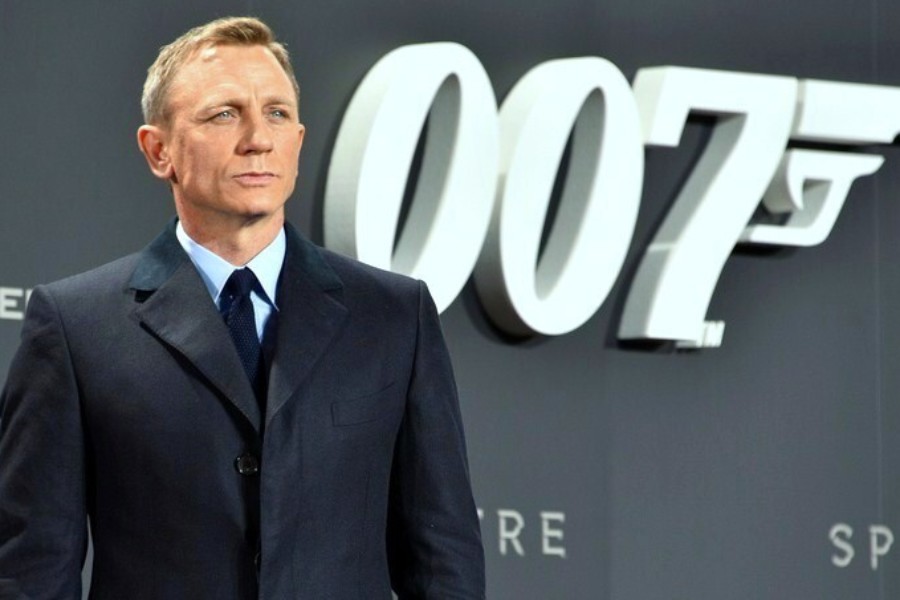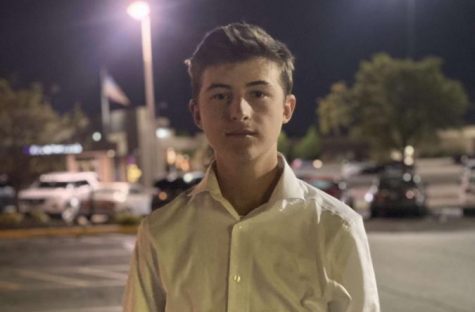The James Bond movies entertain audiences worldwide, and as one of the highest grossing franchises of all time, ushering in the new face of the franchise is a highly contentious topic.
In 2005, when Daniel Craig’s casting as James Bond was announced, a lot of controversy followed. Craig was cast largely on the basis that he had blonde hair and blue eyes. Now, 15 years later, the question of who will play the iconic role next is being met with the same debate.
The fifth installment of Craig’s Bond: “No Time To Die” has battled delay after delay due to the pandemic. Now, over a year later, the film is finally here. With it being Craig’s final outing as one of cinema’s most popular characters of all time, the rumors and speculation around the future of the Bond character have accompanied his sendoff.
In the film, Lashana Lynch portrays the character Nomi, a Black female. The character of Nomi in the story acts as Bond’s replacement in MI6 before Bond comes out of retirement to take on the events that transpire in the film. While Lynch does not explicitly take over as the next James Bond, her inclusion definitely experiments with the idea of changing the race or gender of the character, one of which has been played by a white male since Dr. No debuted on screen all the way back in 1962.
James Bond was not born on the big screen, though. He was originally created by Ian Fleming, a British writer and naval intelligence officer who debuted Bond in the novel “Casino Royale” in 1953. He sought to create a character that embodied an ultimate version of himself, mimicking his time in service through him and also as someone men in Britain could admire and root for. Also a product of his time, Bond embodies the characteristics of an ideal, Cold War era man from Western culture.
The books were international bestsellers. Former President John F. Kennedy even listed a Bond novel as one of his favourite books in 1961. The character’s exploding popularity over the course of the latter half of the 20th century was not due exclusively to the books, as James Bond was no longer a character exclusive to Fleming’s novels.
To say that the character has stayed the same through the last half century would be entirely false. The franchise has 25 movies starring a total of four different actors and a countless number of different directors and screenwriters. New books continued to be published even after Fleming’s death in 1964. Naturally, things grew and evolved as the years went on and audiences had a chance to voice what they liked and did not like from the Bond franchise.
How does this come into play with the rumors swirling around today? Craig has been bombarded by media about the future of the franchise, and for the most part he has been coy when asked about his departure. The most commonly asked question has by far been, “Who is next?”
Representation and inclusivity has been a top priority for the film industry as a whole in recent years. The Academy Awards have even gone as far as to implement new inclusivity requirements for films to be eligible to win their prestigious awards. This has left the media and fans alike wondering if the historic character of Bond will see a gender or race change with a new actor or perhaps actress.
In an interview with BBC news, Craig said “There simply should be better parts for women and actors of color. Why should a woman play James Bond when there should be a part just as good as James Bond – but for a woman?”
The idea that new and exciting roles should be created exclusively for those less represented is something studios should get behind. Many feel that tampering with the core identity of characters rich with history like Bond is not the way to go about change. These characters should be able to be true to themselves while still being able to evolve naturally, Instead of having their most identifiable aspects of themselves altered. Dedicated fans would be irate at changes like such because the admiration they feel would then be misplaced due to lack of affiliation with a newly overhauled character.
Adjusting to the times while still being authentic has proven to work out for the best recently, even in the Bond franchise. One of the most highly regarded films in the series– “Skyfall (2012)” –removed the traditional role of “‘The Bond Girl.” Having a character in the movie solely for sex appeal was not necessary for modern audiences. It worked out, and the role was not missed by the fans. The film Skyfall received critical acclaim and even grossed over one billion dollars worldwide.
Senior Ava Kwak shared her opinion on how representation should be treated. “Tampering with the core characteristics of long-standing character for the sake of inclusion could easily feel tacked on,” she said. “It’s important to understand that a good character is a relatable character, and an evolution over time would allow for a better connection between them and their audience.”
Moving forward, the roles of characters seen on screen that are based off of others’ original work need to be allowed to evolve naturally with the world around them. Along with characters which have existed long enough to build a reputation of its own. Those less represented by Hollywood and the film industry in general demand roles made for them, instead of roles made for others.









